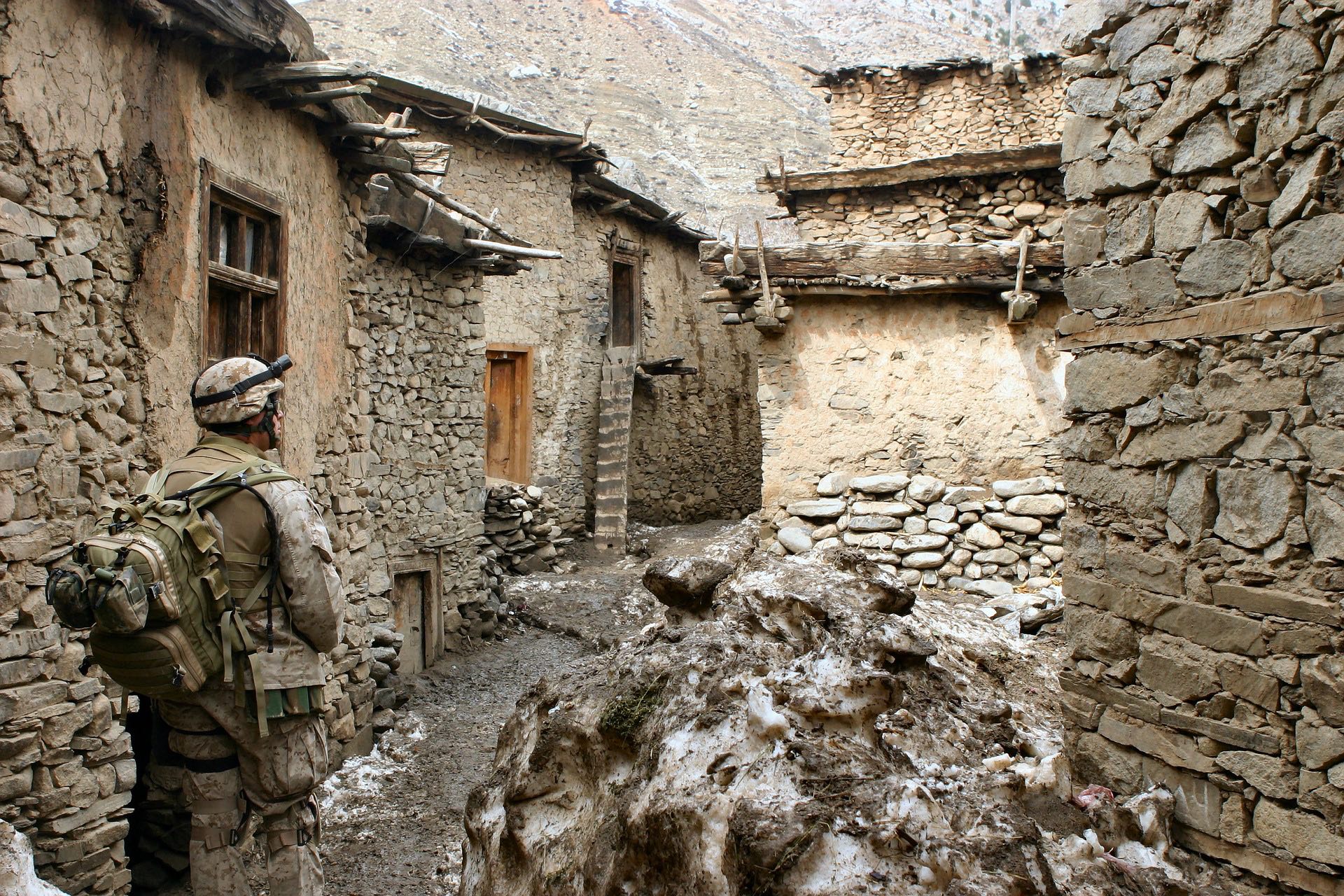U.S. Objections to the Afghan Taliban: Ends, Ways, or Means?
With reconciliation between the Afghan Taliban and the Afghan Government being the goal, it is clear that the U.S. does not object to Afghan Taliban ends, but instead its ways and means.

On December 5, 2001, prominent Afghans met under the auspices of the United Nations (UN) in Bonn, Germany. The purpose of this meeting was to come to an agreement regarding the provisional arrangements in Afghanistan pending the re-establishment of permanent government institutions. The Bonn Agreement as it is known, was followed by a Declaration by the North Atlantic Treaty Organization (NATO) and the Islamic Republic of Afghanistan on September 6, 2006, a Declaration by NATO and the Government of the Islamic Republic of Afghanistan on an Enduring Partnership on November 20, 2010, and the NATO-led International Security Assistance Force (ISAF) Chicago Summit Declaration on Afghanistan on May 21, 2012. Of note is that none of these foundational documents mention the Afghan Taliban and all of them speak to the pursuit of a democratic Afghanistan.
With the U.S. and its Allies and Partners assisting the Afghan Government, the Afghan Taliban cannot achieve victory militarily. Simultaneously the Afghan Government, with assistance provided by the U.S. and its Allies and Partners, have been unable to militarily defeat the Afghan Taliban despite over 16 years of effort. With both sides lacking the will and capability to achieve a military victory, reconciliation between the Afghan Government and the Afghan Taliban is the only solution. What this reconciliation consists of is a point of debate.
Reconciliation between the Afghan Government and the Afghan Taliban requires the Afghan Taliban believing they can successfully achieve their desired ends using other ways and means. In essence, the Afghan Taliban must value the Afghan Government and its presidential system, with a strong executive, a bicameral legislature, and a judiciary, as the way to change Afghanistan, instead of fighting. If the Afghan Taliban changed their value system to Afghan Government processes instead of fighting, reconciliation would likely involve positioning members of the Afghan Taliban somewhere within the Afghan Government.
As of this writing, the Afghan Taliban controls or contests 45% of Afghan districts. Based upon this level of Afghan Taliban control, it is unknown how many positions reconciled Afghan Taliban members would receive within the Afghan Government. However, it is from these Afghan Government positions that the Afghan Taliban could influence the political process to achieve their desired ends. Afghan Taliban ends have included the desire to drive foreign forces from Afghanistan, topple the Afghan Government, reinstitute a political system based upon a highly doctrinaire version of Islam, and support for violent extremist organizations like Al-Qaeda.
With reconciliation between the Afghan Taliban and the Afghan Government being the goal, it is clear that the U.S. does not object to Afghan Taliban ends, but instead its ways and means. As the foundational UN and NATO documents governing efforts in Afghanistan do not mention the Afghan Taliban, but do speak to pursuit of a democratic Afghanistan, the Afghan Taliban should feel as though it is free to pursue its ends as long as it does so through the ways and means of the Afghan Government political process instead of through fighting. While Afghan Taliban reconciliation may be the best path to achieve a sovereign, secure and democratic Afghanistan, this does not ease the burden of a military casualty assistance officer who may have to tell the family of a military member killed in Afghanistan that their son or daughter didn’t die fighting the ideas the Afghan Taliban stand for, but instead died trying to convince the Afghan Taliban to use a political process instead of a gun.
Phil Walter has served in the military, the intelligence community, and the inter-agency. The views expressed here are those of the author alone and do not contain information of an official nature. His website is philwalter1058.com.
